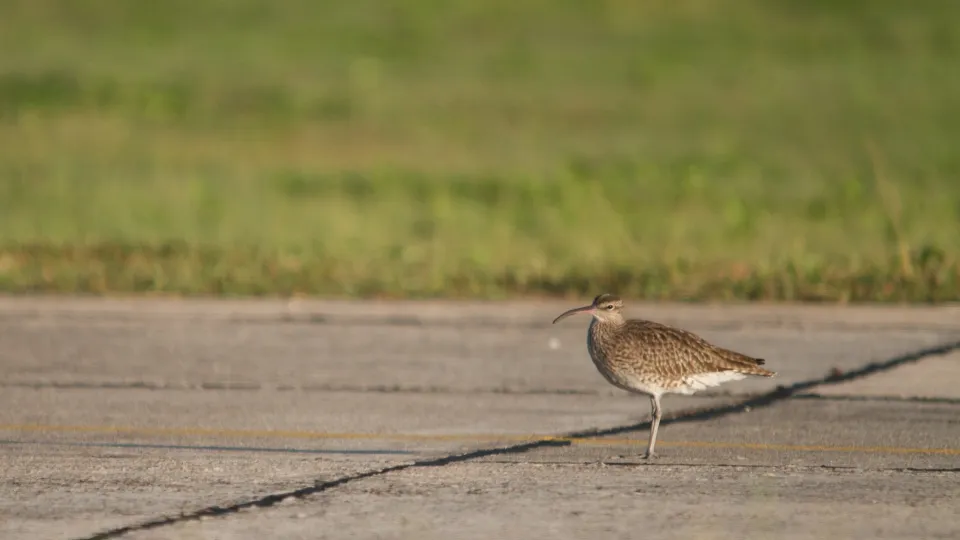
Whimbrel
The whimbrel is very similar to the curlew, but a little smaller and with a striking face pattern. Its eerie call is a series of seven whistles; listen out for it around the coast as its passes through on migration.
Birds only: Red list species are those that are Globally Threatened according to IUCN criteria; those whose population or range has declined rapidly in recent years; and those that have declined historically and not shown a substantial recent recovery.

The whimbrel is very similar to the curlew, but a little smaller and with a striking face pattern. Its eerie call is a series of seven whistles; listen out for it around the coast as its passes through on migration.
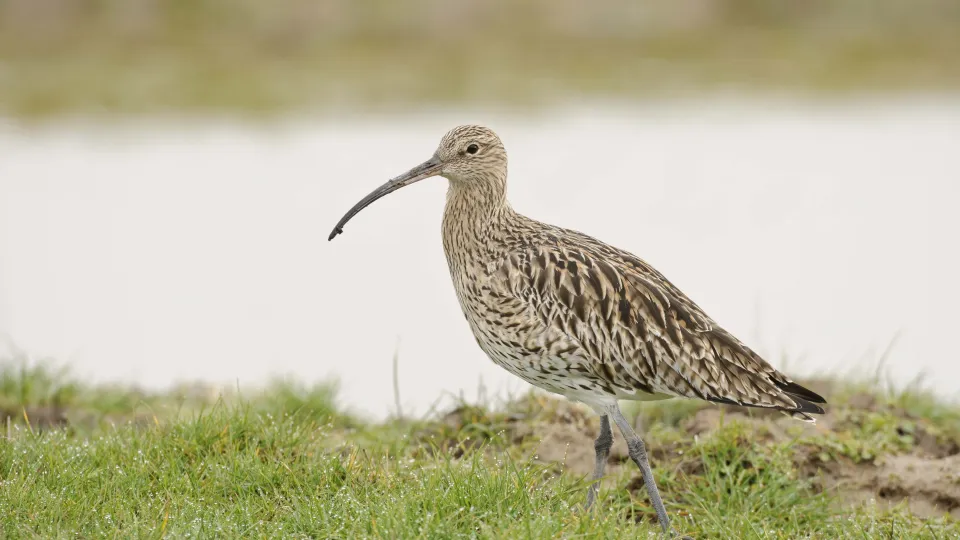
The eerie, 'cur-lee' call of the curlew is a recognisable sound of wet grasslands, moorlands, farmland and coasts. Its long, downcurved bill is an unmistakeable feature and perfect for probing the mud for prey.
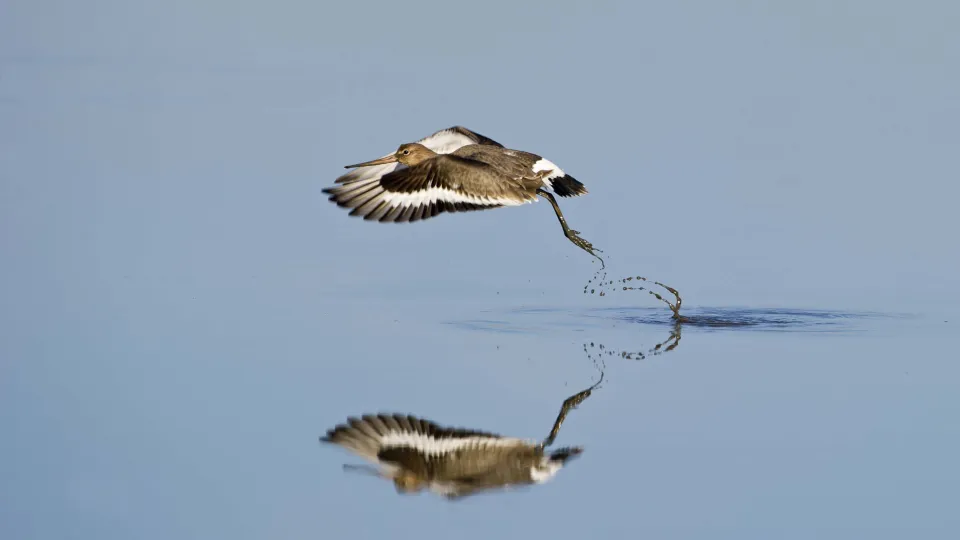
The black-tailed godwit is a rare breeding bird in the UK that has suffered from dramatic declines. It can most easily be spotted around the coast in winter and at inland wetlands when on migration.
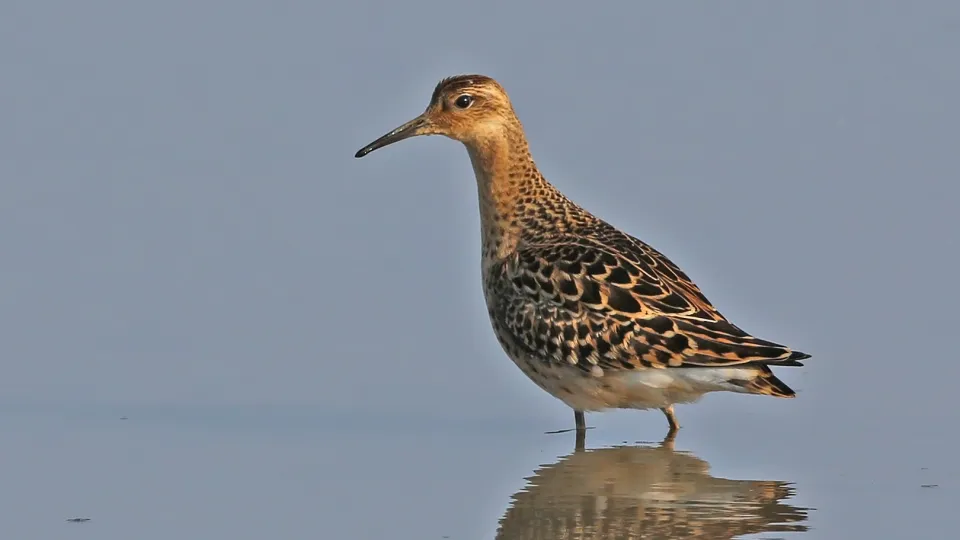
The UK hosts a small, but important, breeding population of ruff. The ruff is a large sandpiper that is so-called due to the large ruff of feathers around the males' neck. This is used in a showy display to attract a mate.
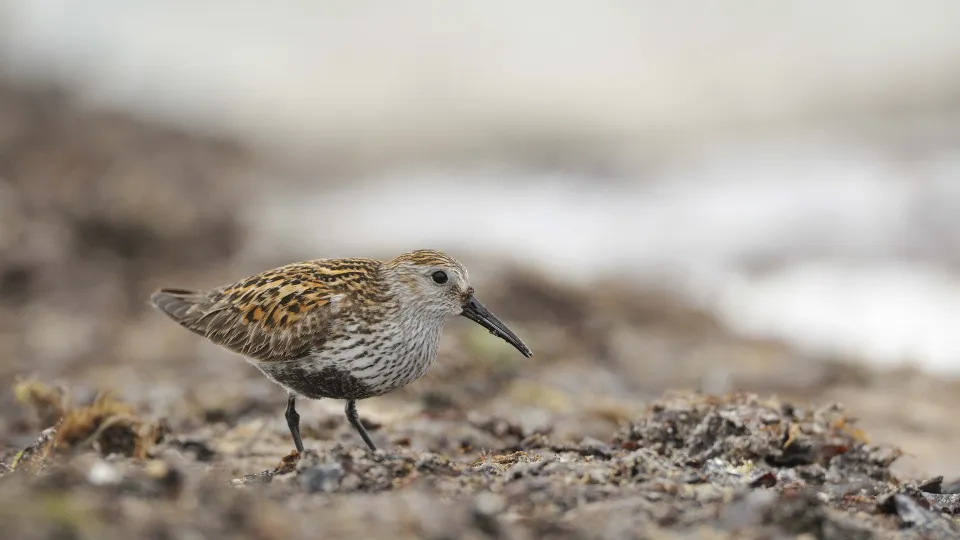
Found along the coast all year-round, the dunlin is a small sandpiper that breeds and winters in the UK. It can be seen in its upland breeding grounds in summer, when it turns brick-red above and sports a black patch on its belly.
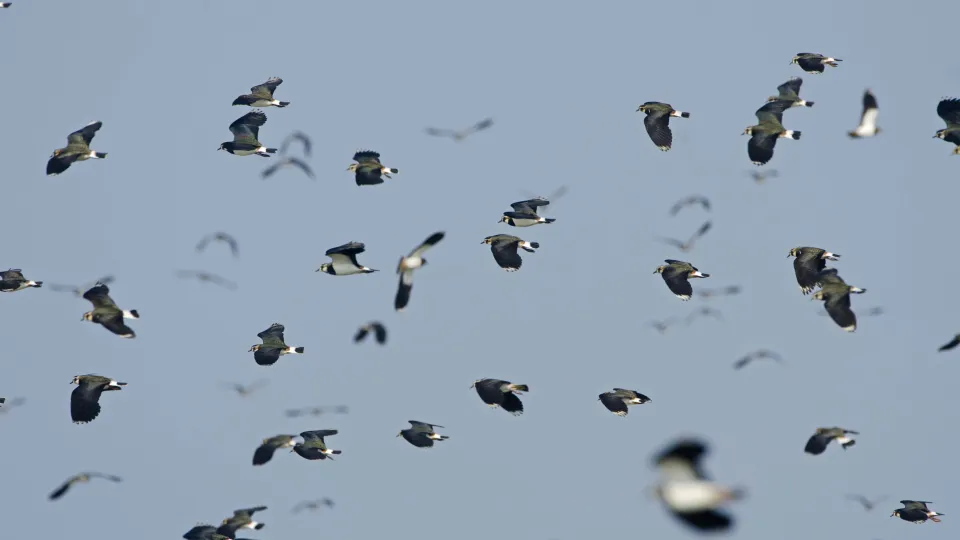
The distinctive rounded wings of the lapwing are displayed beautifully when it wheels around a winter sky in a massive flock. In spring, these flocks disperse and some birds breed in the UK. Listen out for their 'peewit' calls on grasslands and wetlands.
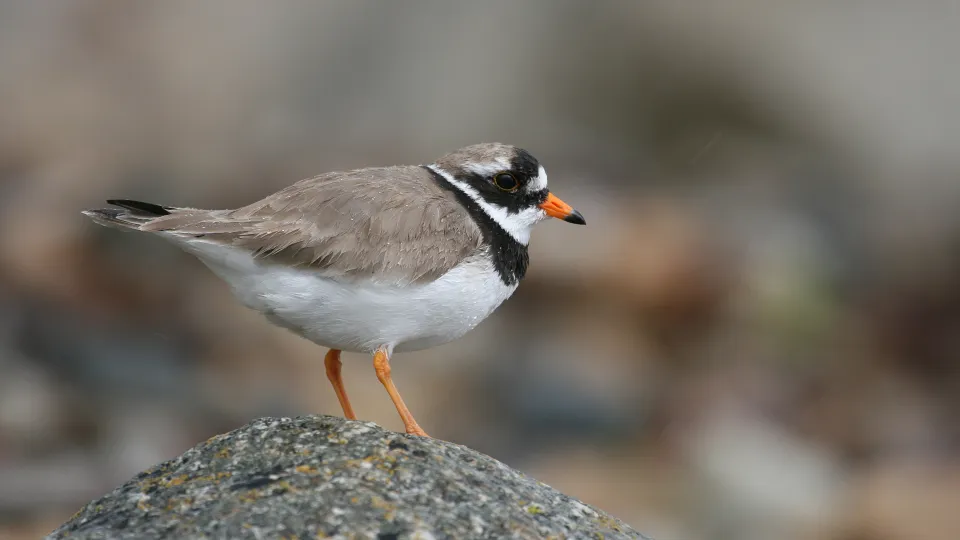
The ringed plover is a small wader that nests around the coast, flooded gravel pits and reservoirs. It is similar to the little ringed plover, but is a little larger, has an orange bill and legs, and doesn't have a yellow ring around its eye.
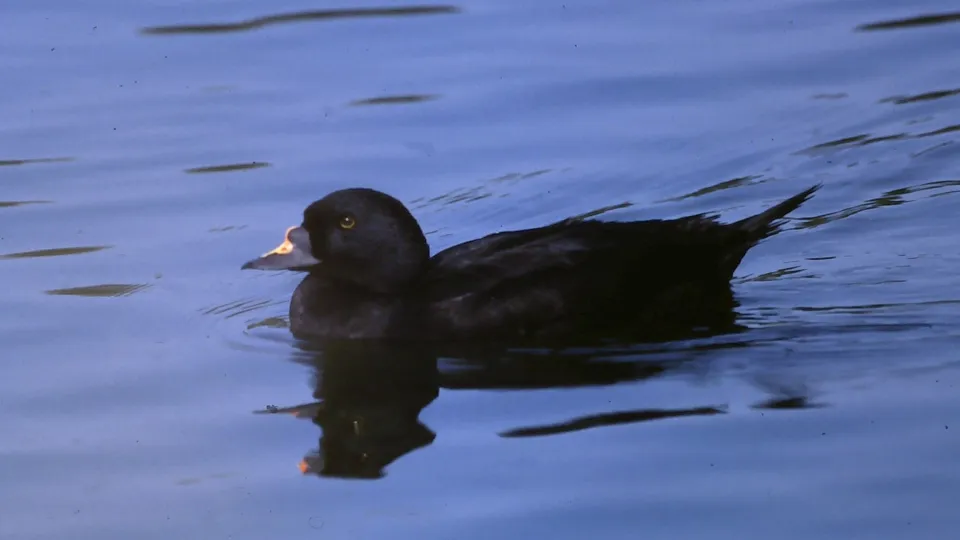
The common scoter has suffered large declines in the UK, threatening its survival here. Look out for this duck feeding at sea in winter when its numbers are bolstered by migrating birds.
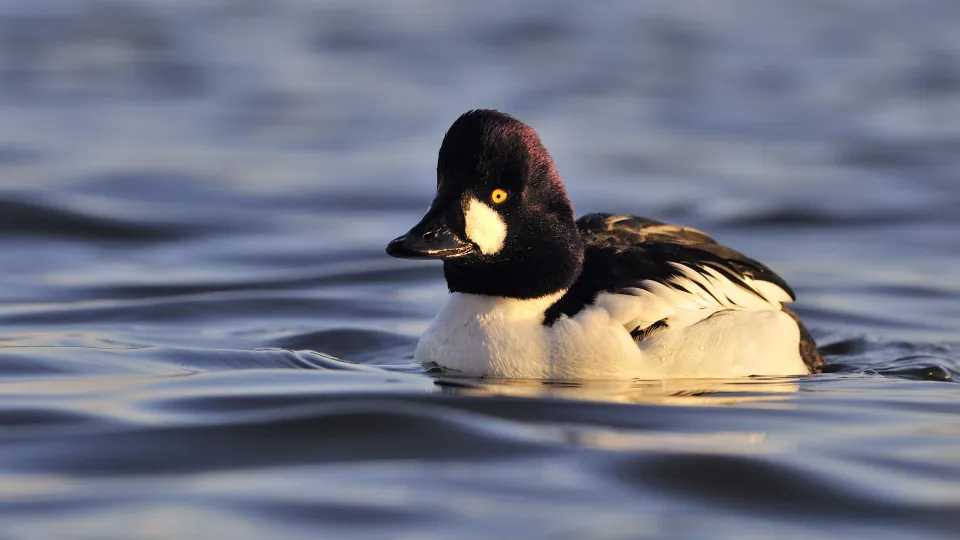
A medium-sized diving duck, the goldeneye can mainly be spotted in winter when birds fly in from Northern Europe. Conservation efforts have helped small numbers of these birds to nest in Scotland.
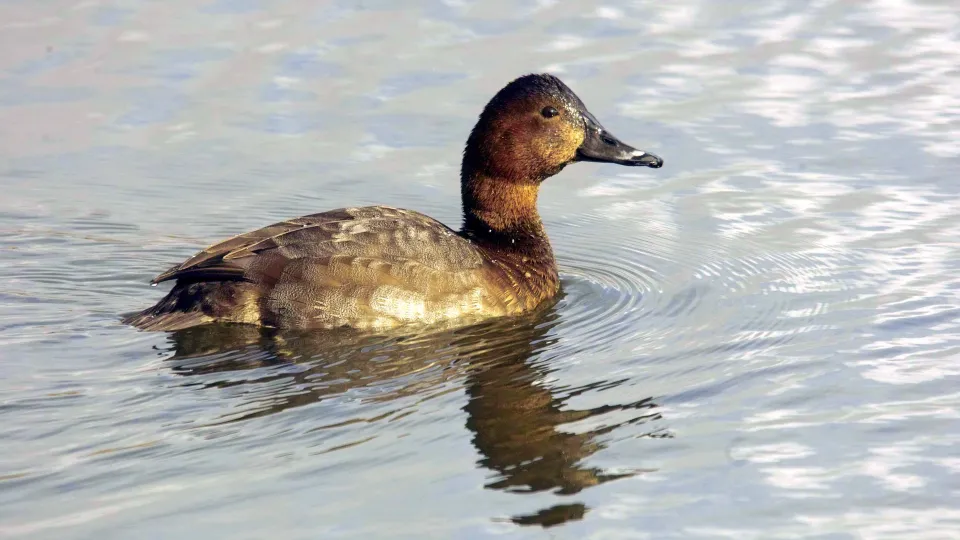
The once-common pochard is now under threat because its populations are declining rapidly. The UK is an important winter destination for the pochard, with 48,000 birds visiting our wetlands and coasts.